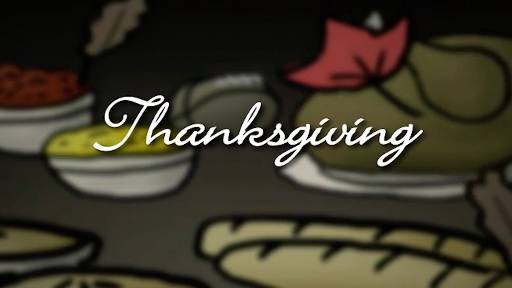-
The Songs Of Ascent – Part 1 – The Introduction To These Psalms Series
Contributed by Ron Ferguson on Jan 27, 2023 (message contributor)
Summary: We are going to take up a study of The Psalms of Ascent, the Psalms numbered 120 – 134. They are called by various names but they are a wonderful collection of Psalms sung by the pilgrims three times a year as they ascended to Jerusalem in pilgrimage. This is the Introduction.
THE SONGS OF ASCENT – PART 1 – THE INTRODUCTION TO THESE PSALMS
We are going to embark on a journey with the study of 15 Psalms that are called “The Songs of Degrees” in the AV, but “The Songs of Ascent” in most other versions. These Psalms go together and were sung on a pilgrimage as the Jews walked the long ascent up to Mount Zion. Occasionally these Psalms are called “The Gradual Psalms” or the “Pilgrim Psalms”. They are Psalm 120-134. David wrote four of these 15 Psalms, Solomon one (Psalm127:1), and the other ten are anonymous, probably composed after the captivity.
This is in obedience to the command God gave to the nation – {{Deuteronomy 16:16 “Three times in a year all your males shall appear before the LORD your God in the place which He chooses, at the Feast of Unleavened Bread and at the Feast of Weeks and at the Feast of Booths, and they shall not appear before the LORD empty-handed.”}}
Three feasts are detailed in that Deuteronomy verse but there are seven feasts outlined in Leviticus chapter 23.
The first is the LORD’s Passover in verses 4 to 8
The Feast of Unleavened Bread in verse 6
The Feast of the First Fruits in verse 10
The Feast of Weeks or The Feast of Pentecost in verse 16
The Feast of Trumpets in verse 24
The Feast of the Day of Atonement in verses 26-32
The Feast of Tabernacles, or The Feast of Booths (better) in verse 34
There is a very rich study in the Feasts of JEHOVAH and their application to the Christian life and events. However it is a long study and not for this series. The three Feasts that Deuteronomy mentions are types of the Lord Jesus Christ. The Feast of Unleavened Bread is the spotless, sinless Son of God who was the Bread broken for us on the cross for our sins. The Feast of Weeks occurred seven weeks or 50 days after the Feast of the First Fruits which typifies Christ’s resurrection, and was the time in the New Testament when the Holy Spirit was given. The Feast of Booths celebrated the remembrance of the wilderness journey from Egypt when the Jews lived in temporary dwellings in the wilderness. We ourselves, now live in our temporary body until the Lord gathers us to His “promised land” in heaven.
Three times a year the Jews had to go to Jerusalem to worship and celebrate the three feasts listed in Deuteronomy 16:16. They would come from the towns and villages of Israel and gather together as they made the long pilgrimage what was upward as Jerusalem is on high ground. That is how the name “Ascent” came to be known. It is “going up”.
While travelling and ascending, the companies or small groups, maybe even individuals, would sing these songs as they toiled up the long ascent and the singing helped to break the tedious effort as they progressed on their journey. These Pilgrim Psalms as they are also called, became very meaningful during the exiles’ return under Zerubbabel and Jeshua, Ezra, and Nehemiah. The Psalms well described the feelings of the returning exiles, and indeed, of all the pilgrims who made that ascent to Jerusalem for the Feasts.
There is some progression in the Psalms themselves and that reaches the climax when the weary feet of the pilgrims at last enter the great city of the Lord, Jerusalem. This progression seems to be in the spiritual development of the content which is more evident in the end of this group. Blessing and praise end the pilgrims’ journey and they reach their beloved Jerusalem.
In this particular group of Psalms there are some characteristics most of them share. They are sweetness and tenderness and that would apply so much to these devout pilgrims on an arduous journey. Another feature is the sad and pathetic tone some of them contain. The spiritual journey is not a bed of roses and anyone professing to follow God who does not have conflict or opposition, is considered by the devil not worth the effort because the person is worldly and a farce for the kingdom of God. He and she is no threat. God desires faithfulness and commitment.
Another feature of these Psalms is their brevity. Nearly all are quite short. I am not sure why that would be as you might think the longer the better as songs for a long journey. Yet another feature most share is the lack of parallelism and parallelism is a very common literary construction in Hebrew poetry/writing. Here are two examples -
{{Psalm 9:1-2 “I will give thanks to the LORD with all my heart. I will tell of all Your wonders. I will be glad and exult in You. I will sing praise to Your name, O Most High.”}}

 Sermon Central
Sermon Central



